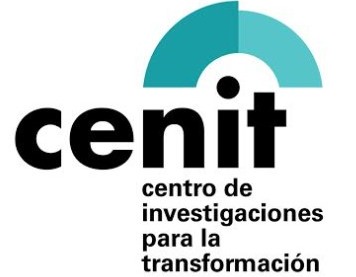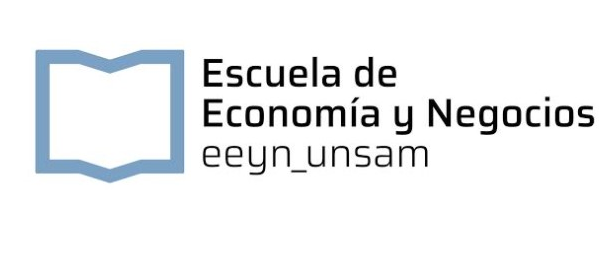Abstract
Technological upgrading dynamics in subsidiaries operating in emerging regions remain an under researched topic. This study aims to examine the role of headquarters and subsidiaries in the upgrading process of subsidiaries in regional agreements among emerging countries. It also examines how the multi-level normative frame regulating such agreements affects the accumulation of technological capabilities. A single case study has been designed to examine the process of upgrading of automotive subsidiaries operating in MERCOSUR, covering the period 1991 and 2012. Among the main findings, the study concludes that the decision to promote technological upgrading in subsidiaries in emerging regions remains at the level of headquarters during the early stages of the learning process. Only when subsidiaries go beyond a capability threshold, they are able to gain autonomy to make autonomous learning initiatives. Furthermore, it was found that the functionally-integrated network organised by the headquarters within the MERCOSUR region adopted a highly hierarchical structure lead by the Brazilian unit, which truncated the learning process of the Argentinean subsidiary. The intra-firm hierarchies were accentuated by the characteristics of the MERCOSUR normative framework that did not included provisions to counterbalance growing asymmetries within the region.

